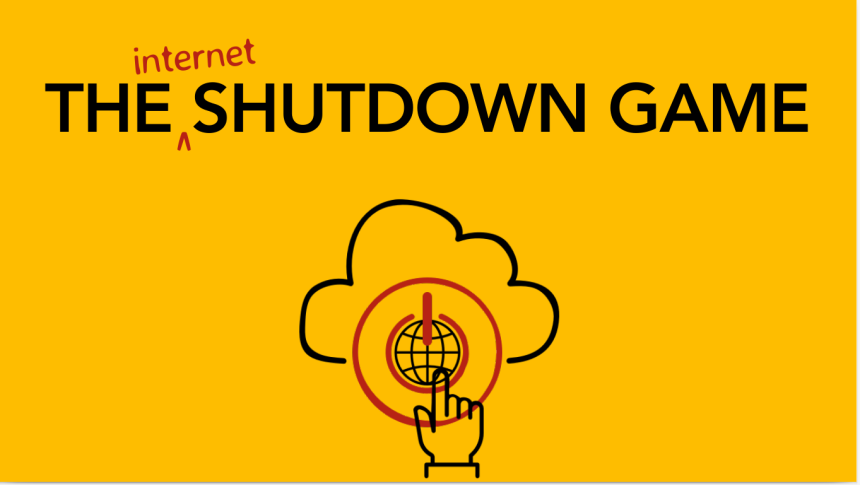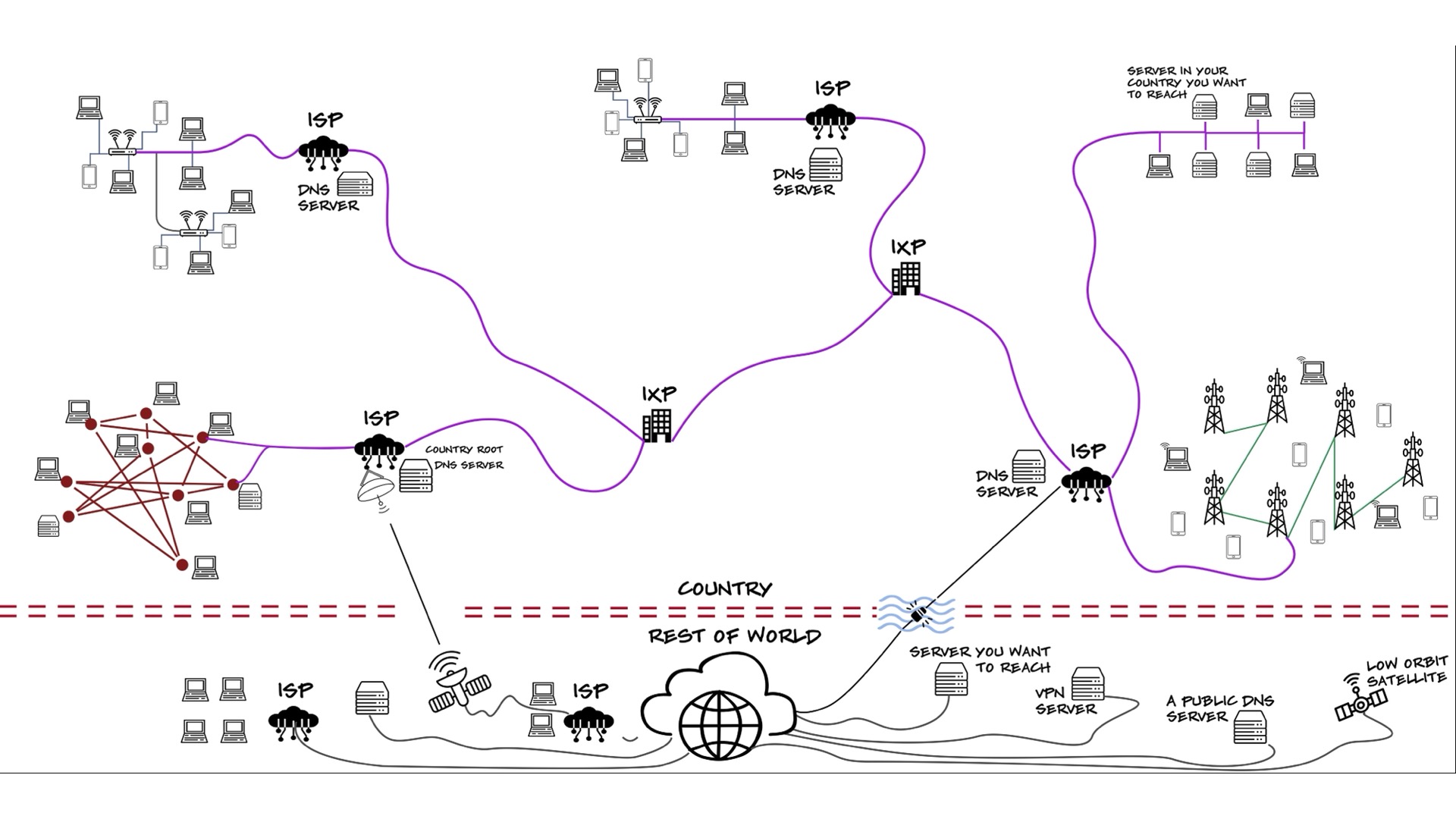
Governments increasingly attempt to gain compliance from their populations, especially when those populations are in states of dissent, by using diverse mechanisms to cause an internet shutdown. According to Freedom House, “More than three-quarters of the world’s internet users now live in countries where authorities punish people for exercising their right to free expression online.” Last year, Access Now reported the highest number of internet shutdowns ever recorded across countries.
Authorities use different jargon to describe these activities, including shutdowns, disruptions, blackouts, blockages, curfews, internet throttling, banning, censoring, diverting traffic, DNS hijacking, geoblocking, fragmentation, among other terms. They often justify creating digital darkness with reasons such as quelling the spread of unverified information during turbulent situations, upholding national security and ensuring the maintenance of law and order. Such draconian actions not only impinge on citizens’ fundamental human rights to freedom of speech and assembly, they also impede access to essential services, educational resources, business resources, and even emergency communications, directly impacting the right to education and the right to life in cases of crisis, wars or natural disasters.
Governments usually control telecommunications networks and infrastructure like internet service providers (ISPs), internet exchange points (IXPs) and top-level domain name servers (DNS), which makes it easier to deny, filter or reduce access to these services when they wish. This has meant that the internet, now considered a basic service and human right, is used as a weapon against the very citizens it is meant to empower.
The spiking popularity of shutdowns makes it more urgent to equip defenders with an understanding of how to bypass such blocking mechanisms. Understanding their true motivations and their shutdown methods is vital to safeguard internet freedom and protect human rights online. APC has developed a facilitated training activity in the form of a game for participants to better understand internet infrastructure, shutdown procedures and, most importantly, which tools are currently available to circumvent such shutdowns.
This two-hour game will be launched at SplinterCon on 7 December 2023, and will be available at its own microsite: https://shutdowngame.apc.org. It has been designed under Creative Commons so that anyone can can adopt and adapt it for their needs, and can be played both online and in person.
The game’s objectives are to enable a better understanding of internet infrastructure and to offer strategies to circumvent shutdowns. The interplay between internet shutdowns and internet infrastructure underscores the need for a more robust, decentralised and resilient internet ecosystem – a relationship that can become clearer though playing this game. As the game manual states, “Protecting human rights in the digital age requires a commitment to ensuring that the internet remains open and accessible to all, irrespective of political or social circumstances, and that its infrastructure is designed to resist undue government control and censorship.”

The game starts by offering a simplified map of a generic country's internet infrastructure, which serves as a shared visual reference to aid participants’ understanding of fundamental connectivity concepts. The map helps in reviewing the components of a national internet infrastructure, and so participants can gain insights into how various types of shutdowns are technically executed.
Next we proceed to an exercise that makes everyone visualise the internet’s data paths, including DNS resolution, after which we get into circumvention ideas and strategies tailored to different shutdown scenarios, including curfews, content blocking, closure of international gateways, traffic blocking, DNS filtering, prohibiting of VPNs, mobile network jamming, and more. This part of the game includes exploring strategies to protect yourself from potential government retaliation, thus providing holistic skills and knowledge needed to navigate and mitigate the impact of shutdowns.
We believe that digital activists must strive to safeguard internet freedom and protect human rights online by equipping themselves with technical knowledge and tactics to circumvent this increasing trend of digital darkness. We look forward to building a community around this game and their building on this effort to fight against all types of digital darkness.
The internet shutdown game: https://shutdowngame.apc.org
If you have feedback on the game, please write to shutdowngame@apc.org
Internet shutdown circumvention resources:
- Change your DNS configuration to use public DNSs (instructions for Windows, Mac, Linux and Android)
- VPN types and how to install a VPN:
– Why you might want a VPN - A guide by Riseup
– Get Riseup’s VPN
– A detailed and technical guide from Freedom of the Press Foundation - TOR Project site
- Not used for the game, TOR Bridges are relays that help you circumvent censorship.